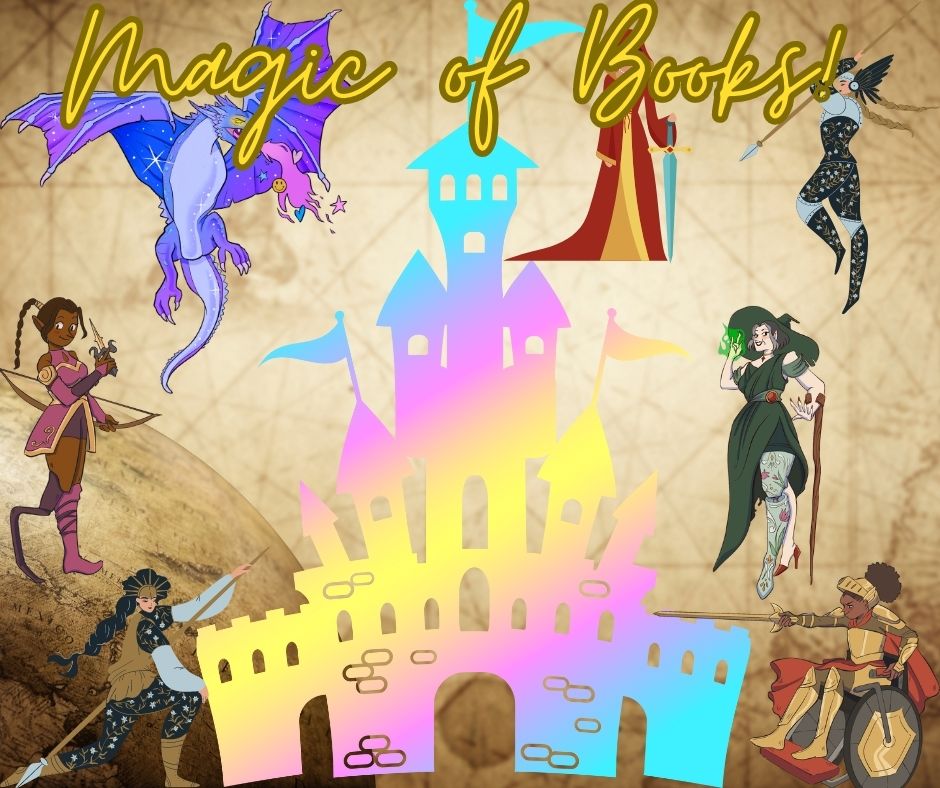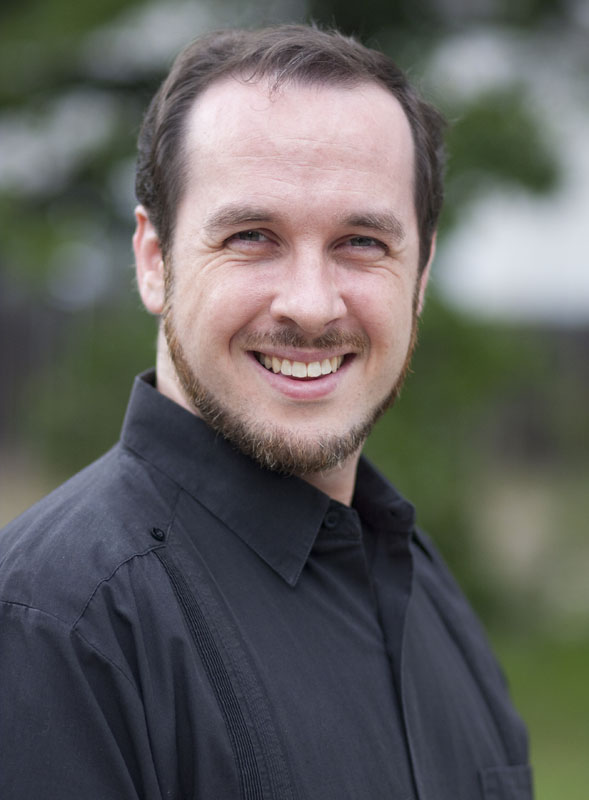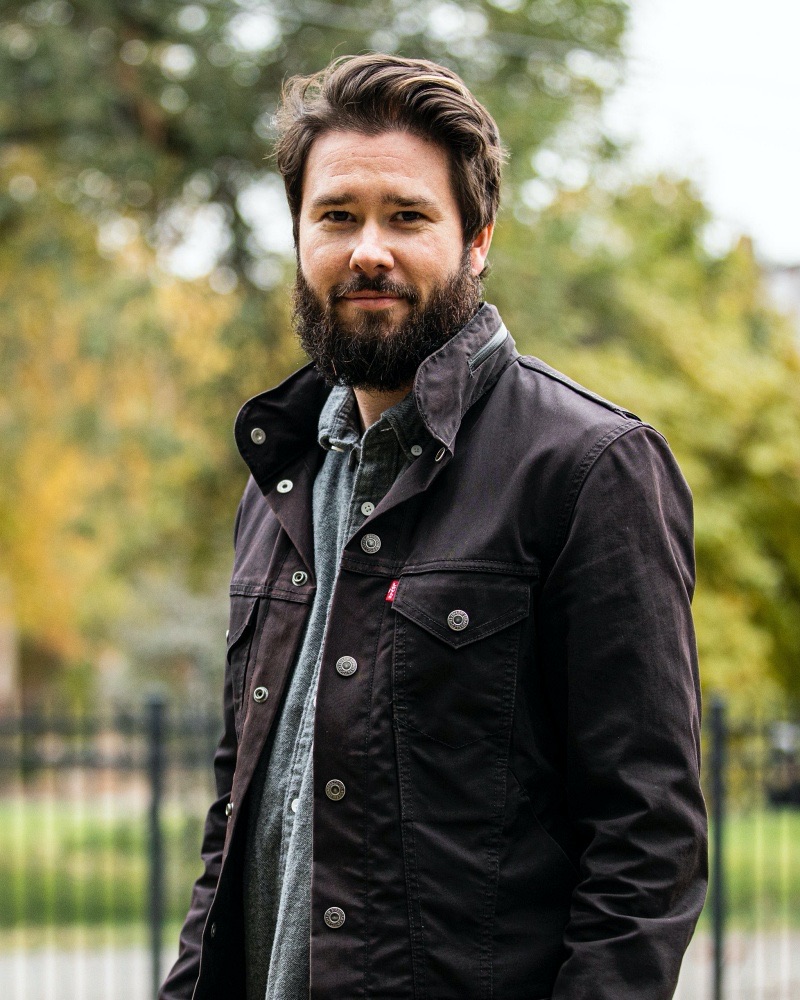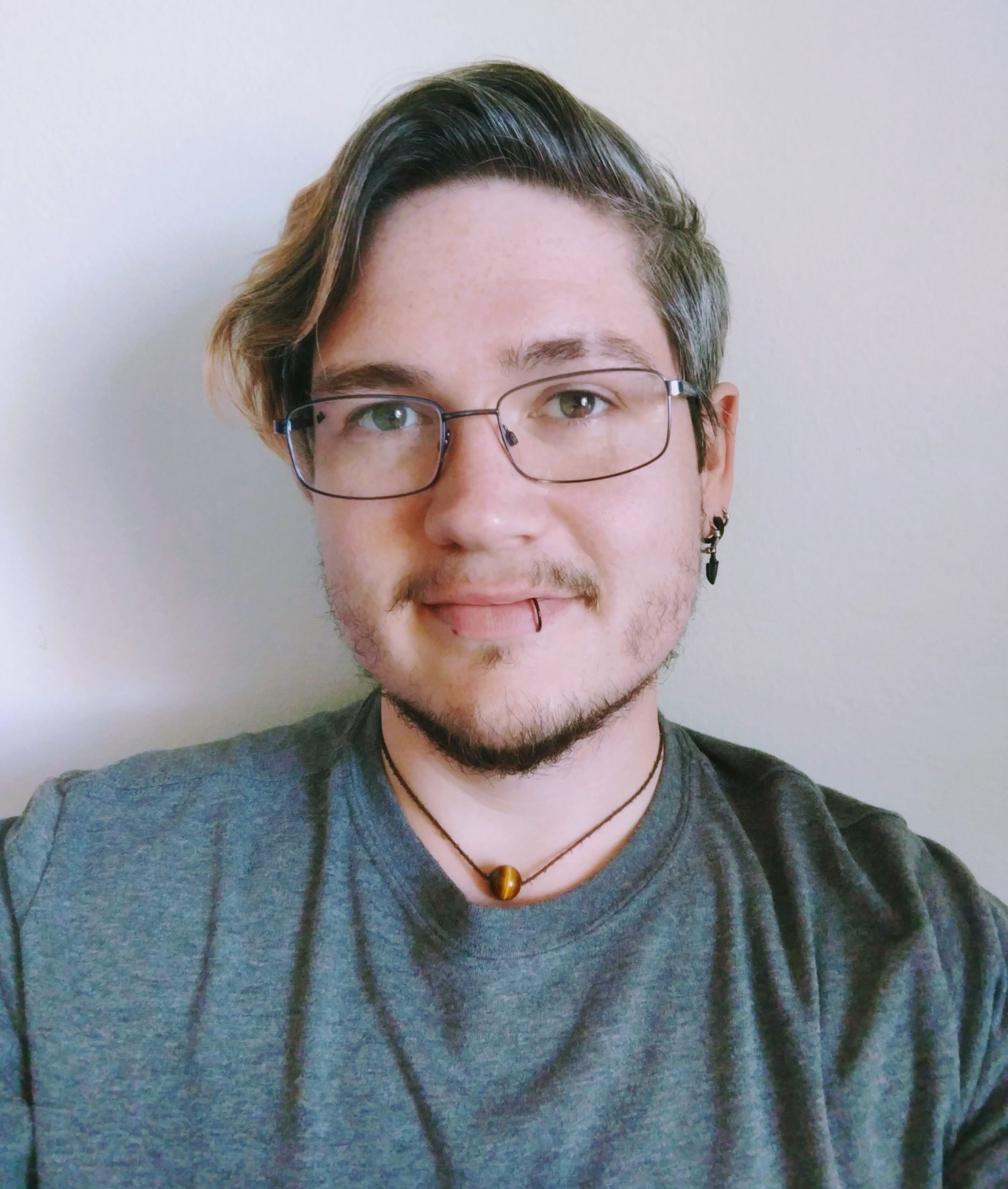
by Alexa Goodrich-Houska (she/they) | Jul 28, 2023 | Blog
Sapphic Adventurers Unite! Busy Geek Breakdown (TL;DR): Read these books for some Sapphic Fantasy (Supernatural) Realness! Gideon the Ninth- Tamsyn Muir; Hench – Natalie Z. Walschots; Empress of Salt and Fortune – Nghi Vo; Valiant Ladies – Melissa...

by Jason Kivela | May 3, 2023 | Blog
Lionel Hart (he/him) is an M/M fantasy romance author based out of the San Diego area. Twitter: @lionelhart_ TikTok: @author.lionelhart Facebook: Lionel Hart, AuthorWebsite: lionelhart.ink First of all, welcome to Geeks OUT! Could you tell us a little about...

by Jason Kivela | Mar 31, 2023 | Blog
Marshall Ryan Maresca (he/him) is a fantasy and science-fiction writer, author of the Maradaine Saga: Four braided series set amid the bustling streets and crime-ridden districts of the exotic city called Maradaine, which includes The Thorn of Dentonhill, A Murder of...

by Jason Kivela | Mar 26, 2023 | Blog
S.L. Rowland (he/him) is a wanderer. Whether that’s getting lost in the woods or road-tripping coast to coast with his Shiba Inu, Lawson, he goes where the wind blows. When not writing, he enjoys hiking, reading, weightlifting, playing video games, and having his...

by Jason Kivela | Mar 2, 2023 | Blog
Blake R. Wolfe (he/him) is an LGBTQ+ fantasy and romance author of over a dozen books. His work is known for its heartfelt characters, daring adventures, and commitment to preserving the magic and wonder that readers love. Blake resides in Muskegon, Michigan near the...






